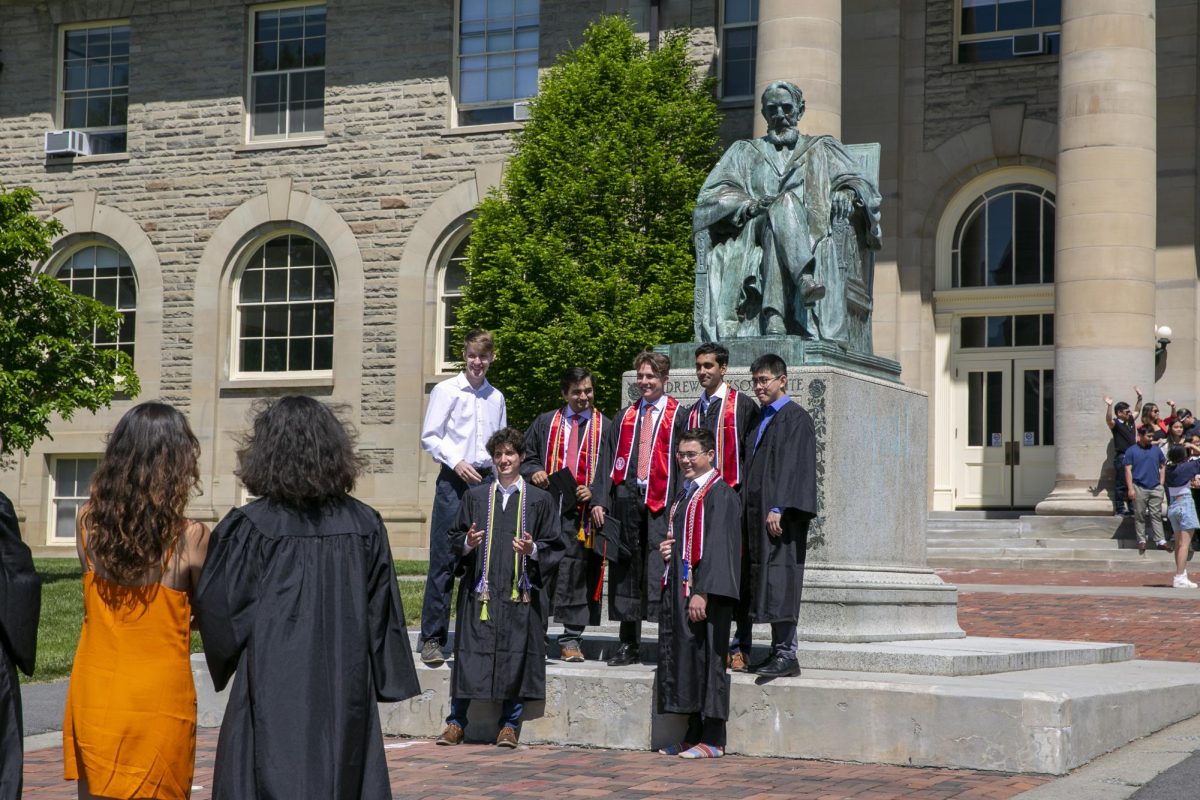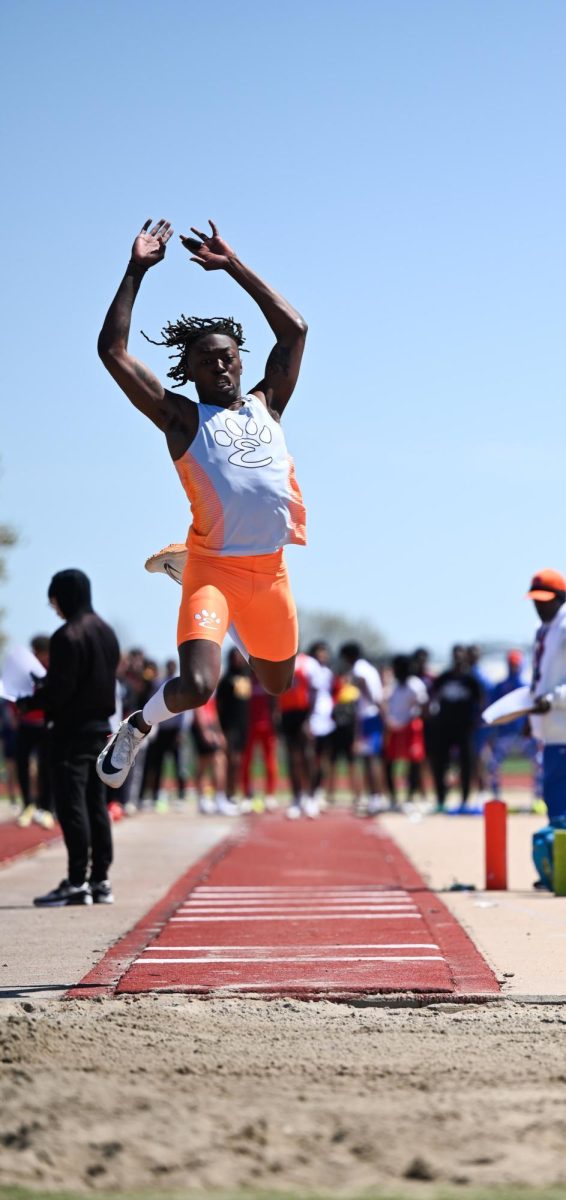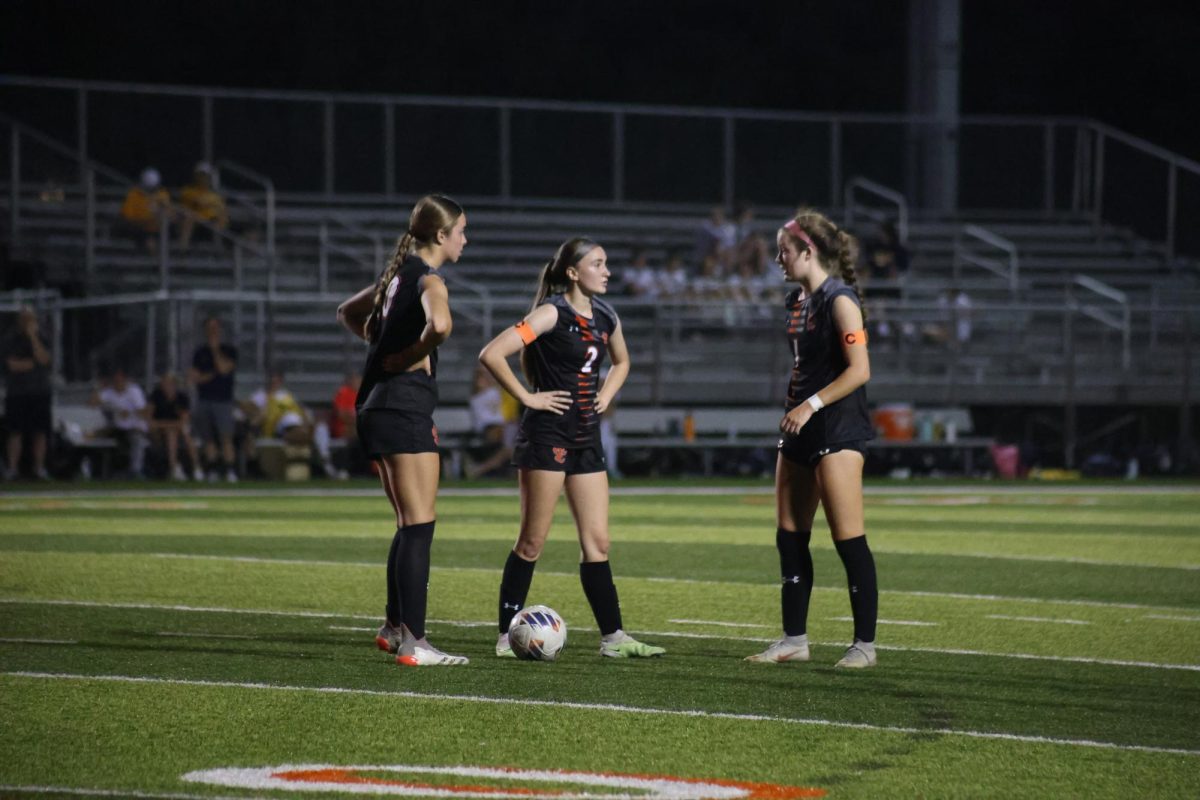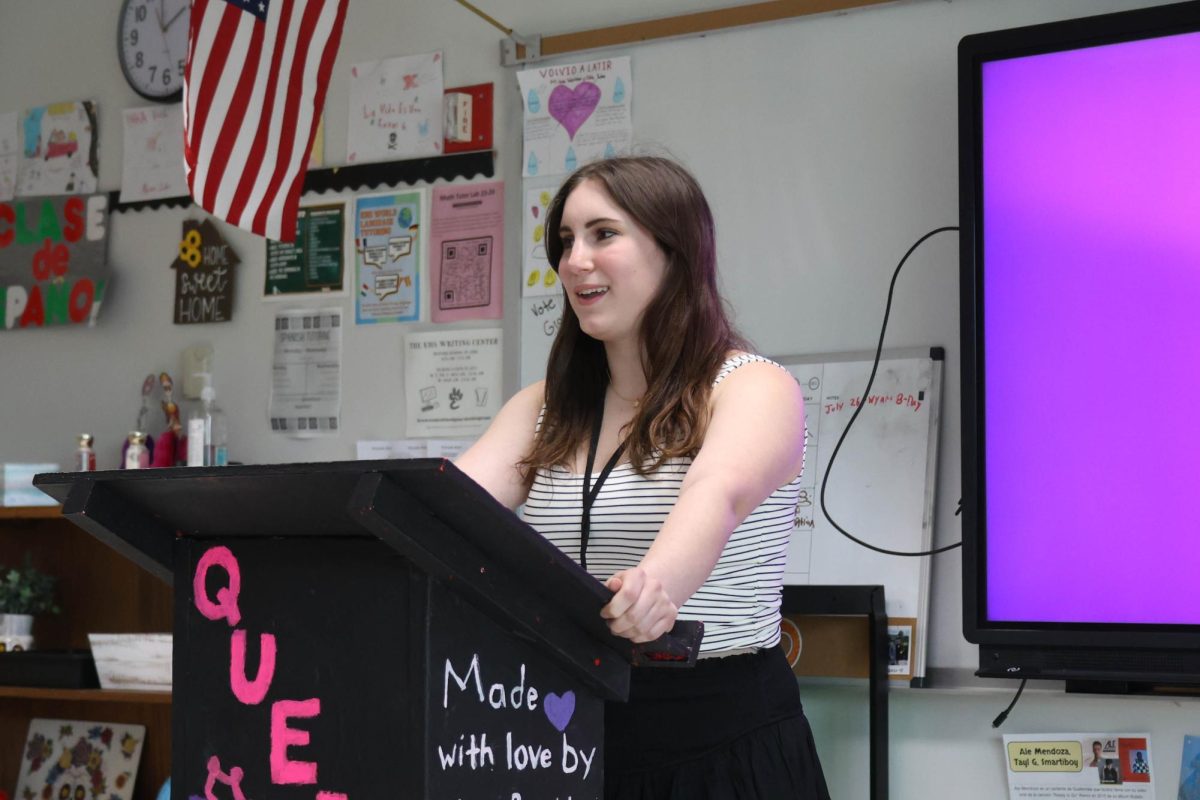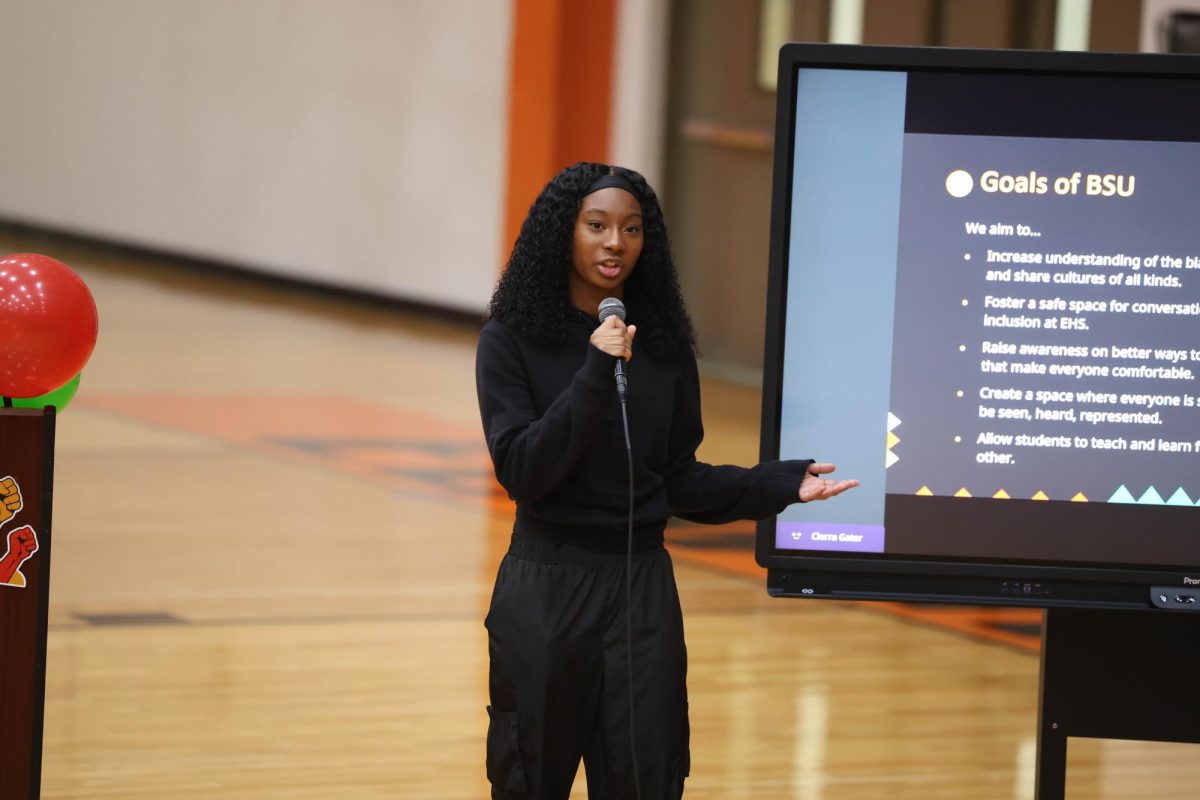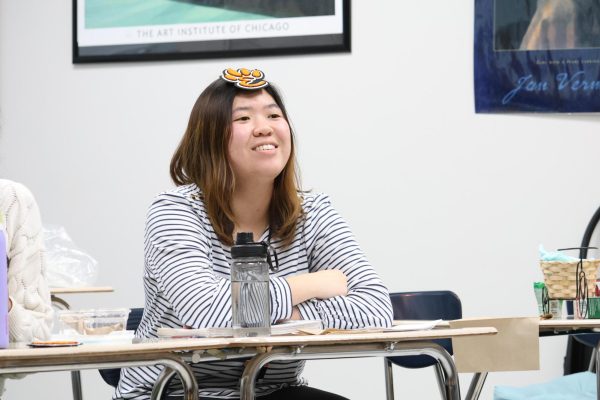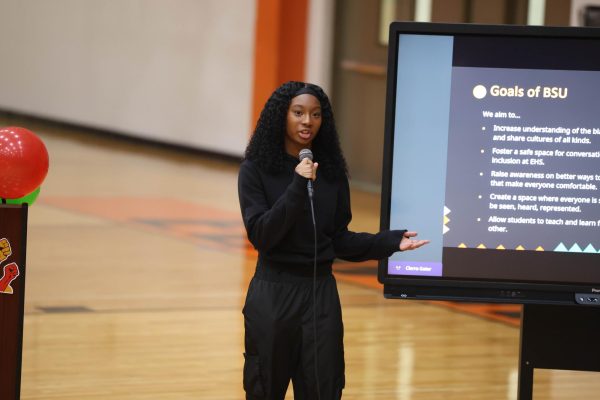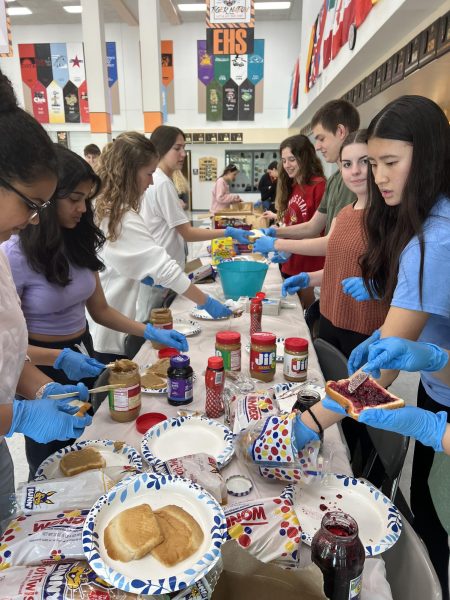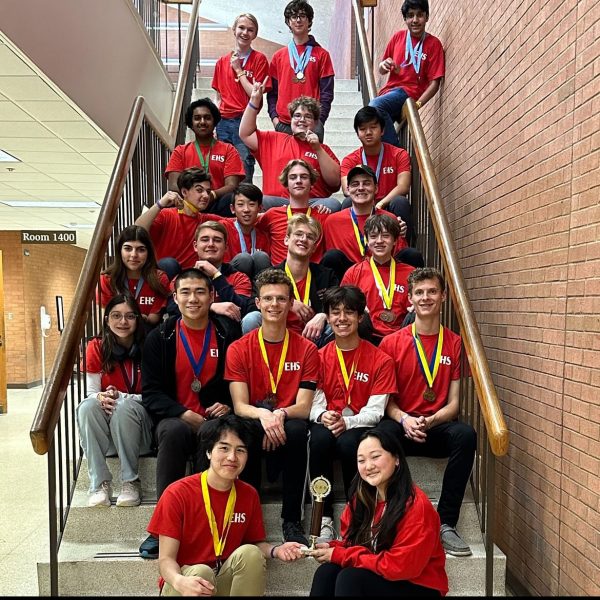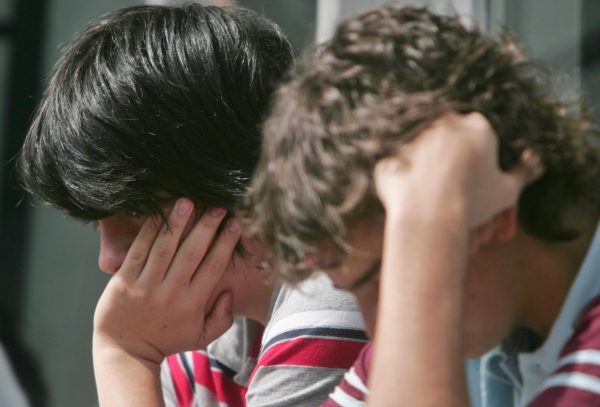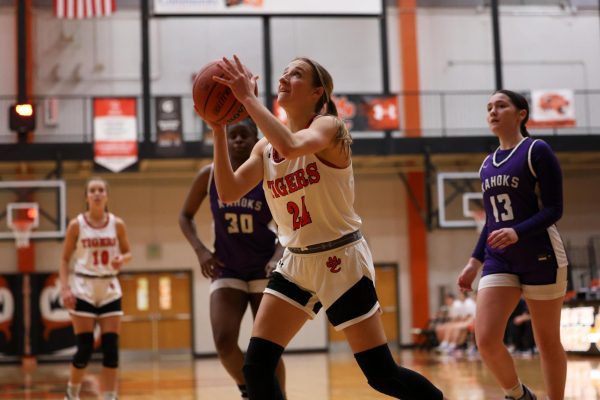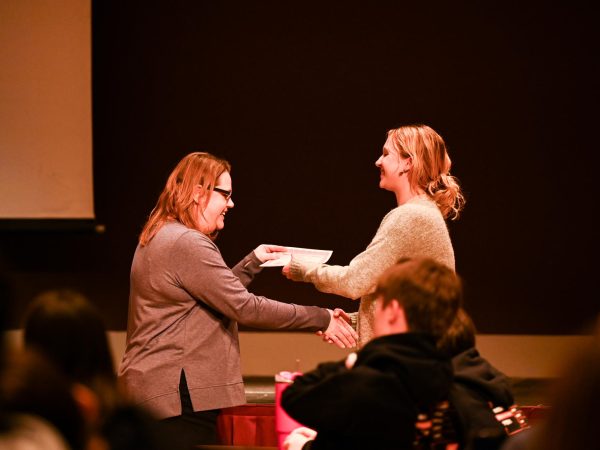Joining More Clubs Makes Better Students
September 8, 2016
If students spend more time at school, it seems logical to assume that those students will also receive better grades. Education research supports this idea, suggesting that students who are more involved are more likely to perform better academically.
Dr. Cramsey performed a study on the validity of this statement as part of his doctorate work. The 79-page thesis concludes “deepening students’ feelings of connectedness to school (through extracurricular clubs) helps students in many ways.”
Dr. Cramsey said, “student experiences [in extracurricular activities] have the potential to shape their perceptions of self-worth, academic performance, and relationships with peers and adults.”
Two high-performing EHS students support this idea through their combined activities and academics.
Junior Grace Olson is involved in four in-school clubs and also volunteers at a veterinary clinic. Olson said she spends “probably about five hours per day on week days and at least seven hours on weekends” being involved in these activities.
“Music students (Olson’s main involvement at EHS) have higher SAT scores. Being involved can open your horizons and maybe (cause you to) take a class you normally wouldn’t… This feeling of self-improvement will drive you to do well,” Olson said.
Senior Carl Eastman is involved in 10 in-school clubs and six out-of-school activities. He spends 15 to 18 hours involved in extracurricular activities each week.
Eastman believes that being involved in school helps him do better academically because “it keeps me constantly thinking (about school).”
However, Eastman also believes that family encouragement and their values can drastically impact what a student is involved in and how they perform in school. It is not just a student’s involvement, but also what the student is encouraged to do by their family and friends that spur success.
June Kronholz, contributing editor for Education Next, agrees with this idea. She asks, “Did kids who joined after school activities become good students, or did good students join after school activities?”



